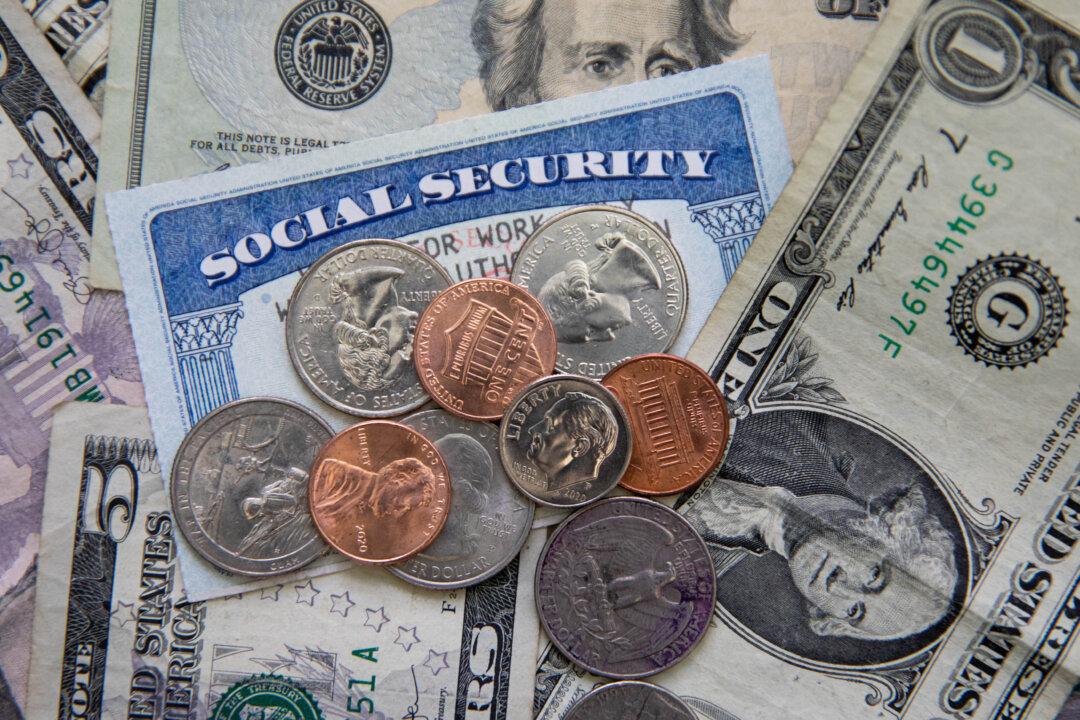Commentary
In 1979, historian Clarence B. Carson (1926–2003) published a book titled, “The World in the Grip of an Idea.” The idea that Carson explored was collectivism in its various forms, such as fascism, socialism, and communism, to which we can today add environmentalism.





